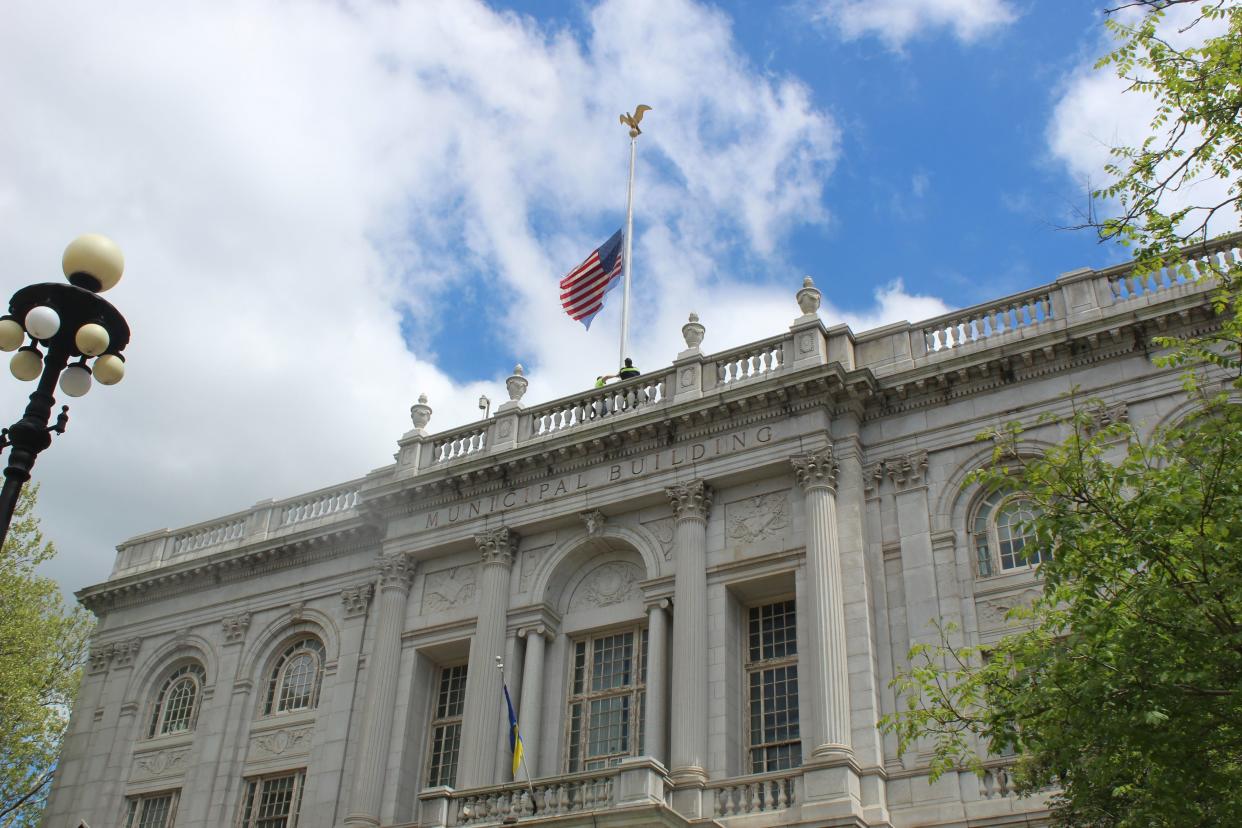Hartford City Council receives recommendations for charter revisions. There are disagreements that were not solved.

Despite allegations that some of its members held side meetings to ensure certain measures weren’t adopted, the Charter Revision Commission has forwarded a proposed revised charter to the Hartford City Council for consideration at the council’s next meeting on Monday.
The proposed changes, which were summarized in a letter to Town and City Clerk Noel McGregor and Council President Maly Rosado, include:
Aligning the Board of Education’s election cycle with that of the mayor, city treasurer and city council.
Clarifying what the council is empowered to do with respect to the budget, approving contracts and settlements, and engaging in governmental oversight.
Creating the positions of director of legislative services and budget analyst, to be appointed and overseen by the council.
Setting up a compensation structure for the city treasurer allowing for periodic adjustments in compensation in an amount equal to $6,000 less than the mayor. This provision is an effort to remove compensation of city employees out of the political arena.
Attempting to establish uniformity in the ways boards and commissions are created with respect to the number of members; terms; the need for chairs and other officers; minority party representation; quorum requirements; public participation; frequency of meetings; keeping of records; and posting of agendas.
Prohibiting the mayor from serving as chair of any elective or appointed board or commission.
Requiring a regular review of boards and commissions “to make sure that they are meeting and, if not, they would be subject to a “sunset” or abolition by the Common Council.”
Encouraging community outreach to increase the diversity of the membership of boards and commissions and also seeking parity in terms of representation from various neighborhoods in the city.
Codifying in an ordinance a Police Accountability Review Board, which would serve as an advisory board with respect to the policies, operation, management and independent civilian oversight of the police department.
Fostering greater transparency in the budgetary process for members of the public.
The council is expected to vote to have the revised city charter placed on the ballot for residents to decide at the November election.
Commission Chairman James Woulfe, in a statement to The Courant, touted the proposed revisions and the work of the commission.
“For the past year, we’ve met with community members, elected leaders, and experts in municipal governance to understand how we can improve our city through the charter revision process,” Woulfe said. “Our process has been transparent, and our deliberations have been thoughtful and substantive. We’re recommending reforms to make city government more accessible, strengthen the budget process and put new checks and balances into our system of governance. We’re looking forward to feedback from the Common Council as we take the next steps in this process.”
Not everyone agreed with Woulfe, however, pointing out that the recommendations didn’t, among other things, include the creation of a board of police commissioners to provide civilian governance of the police department.
Commission member Kamora Herrington, who, along with Ken Kennedy, Vicki Gallon-Clark, Melvin Medina, Bruce Rubenstein and Eon Smith, stepped aside from the commission’s work, said the process was far from transparent and the recommendations amounted to window dressing, with no real change.
“There’s no real teeth to it; it’s sad,” she said. “I’m sad. I’m disappointed.”
Herrington joined the commission with the hope of not only establishing a board of police commissioners, but also changing the structure of government to reduce the authority of the mayor’s office.
“Charter revision — I’m not a Pollyanna, I really thought we could make some change and I’m sad,” she said. “This is status quo [stuff]. I feel sick. … There is nothing we could have done. It was a setup when we got there. This is the final blow.”
Herrington was referring to when the group of six commissioners, including all four Black commissioners, stepped away from the commission in April.
Back then, Commissioner Ken Kennedy allegedly heard from another commissioner that meetings had taken place between Mayor Luke Bronin’s office and several other commissioners to ensure no substantive changes were made to the charter.
Kennedy said at the time he sought several changes that would balance the power between the council and the mayor, but the police commission is what he “really, really, really wanted” to bring the police department closer to the community it serves.
“We’ve had issues with the police department historically,” Kennedy said.
Ted Glanzer can be reached at tglanzer@courant.com

